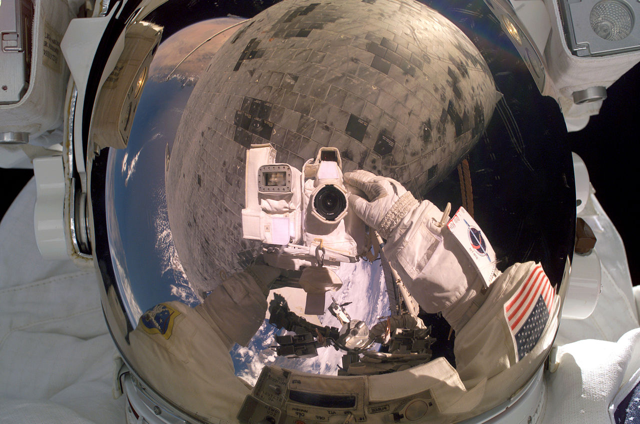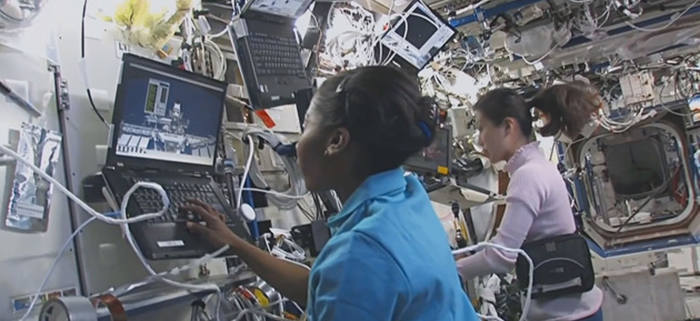U.S. Space Command Welcomes UC Davis as its 33rd Academic Engagement Enterprise Member
The Office of Research is pleased to announce that the U.S. Space Command Academic Engagement Enterprise (AEE) recently welcomed the University of California, Davis, as its 33rd AEE member. The goal of the partnership is to advance space research and technology to enhance our collective understanding of the space environment and to spur innovation that can tackle some of the greatest challenges in space operations.
The AEE is a cooperative program that promotes collaboration between U.S. Space Command and institutions of higher learning across the country. Through this membership, UC Davis is joining an elite group of universities and professional military education institutions to engage in discussions about educational partnerships; workforce developments and internships; research and technology; space operations; and space conflict theory and policy.
“We are delighted to join the Academic Engagement Enterprise for U.S. Space Command. The partnership is positioned to immediately help advance both our teaching and research missions in the area of space sciences on campus,” said Cristina Davis, associate vice chancellor for Research. “We look forward to engaging with staff subject matter experts and active-duty uniformed service folks from the U.S. Space Command groups.”
U.S. Space Command’s AAE program was established in September 2022 to engage with academia on behalf of the command. Throughout the year, U.S. Space Command welcomes students and faculty to present their research to senior leadership and subject matter experts at symposiums, webinars and campus visits to increase the dialogue between the command and academia.
UC Davis Space Exploration

UC Davis has many active programs unlocking new frontiers in space exploration. As new paths to space flights emerge, mechanical and aerospace engineering faculty members through the new UC Davis Center for Neuroengineering and Medicine are finding new ways for humans and machines to work together. Their work on a robotic fifth limb — called a supernumerary robot — can give astronauts on the International Space Station an extra hand making spacewalks safer and more efficient.
Researchers are also investigating how human bodies might react in a space environment where there is an entirely different radiation environment than our bodies are used to. The goal is to generate data to predict response of the cardiovascular and ocular systems to altered gravity, measuring everything from cardiac output and heart rate to changing pressure in the eye.
In another project funded by NASA, researchers are working on developing technology for spacecraft and deep-space bases of the future. Additionally, collaborations with NASA have enabled innovative solutions such as developing transgenic lettuce that astronauts could grow and consume during the voyage to protect against bone density loss in microgravity.
In the aerospace field, UC Davis students have been playing a crucial role in the next generation of space exploration by leading and developing innovative solutions for NASA’s small spacecraft electric propulsion technology suite, running experiments in zero gravity, inspecting satellites, designing and launching LEO cube sats, building the next generation of Mars rover, among other experiments.
Join the Office of Research on February 9 from 10:30 a.m. – 12:00 p.m. for a showcase of space exploration-related work at UC Davis. Hear from our researchers whose work is advancing space exploration and mankind’s ability to both survive and thrive both on and off our planet.
About the UC Davis Center for Spaceflight Research
The UC Davis Center for Spaceflight Research, led by Stephen Robinson, a former astronaut and a professor in the Department of Mechanical and Aerospace Engineering, advances interdisciplinary research, builds partnerships with companies and train students for a new era of spaceflight.
A Special Research Program within the Office of Research, the center’s areas of interest include human spaceflight; spacecraft design, operations, and inspection; human/system integration for aerospace systems; augmentation of human capabilities in hazardous environments; robotics and UAV technology; fluid physics and modeling; aircraft aerodynamics; and safety engineering.







